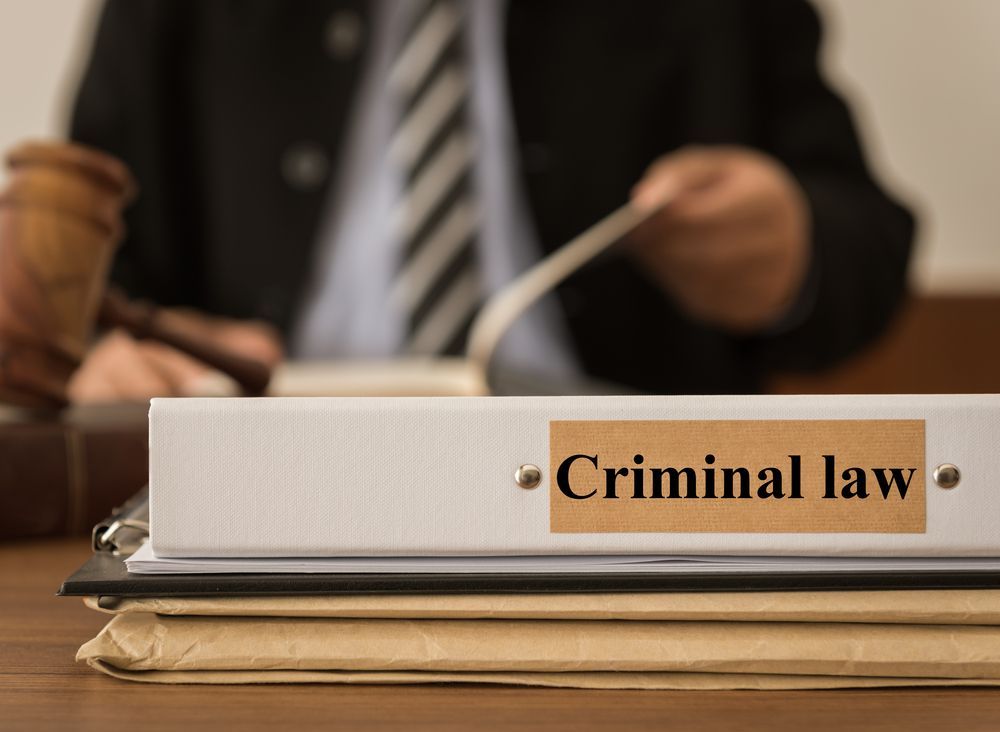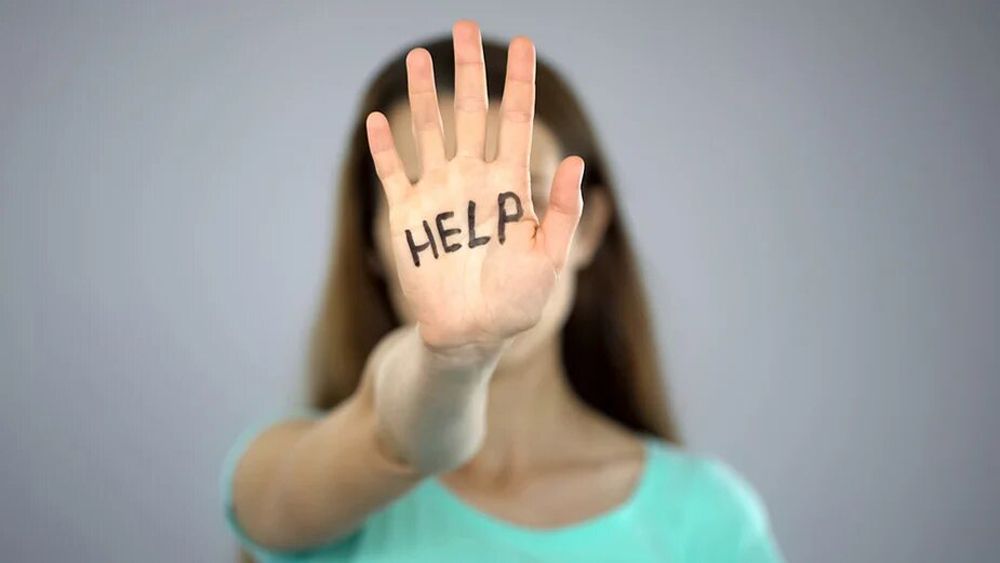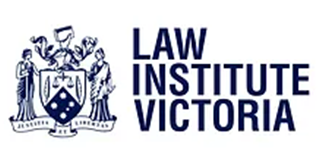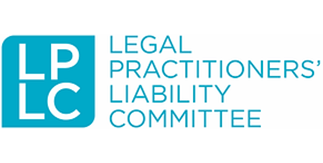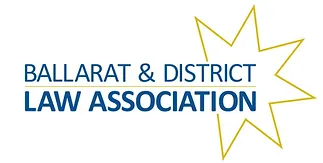How Does Australia Regulate Prostitution? Understanding the Laws
Have you ever wondered how prostitution is regulated in Australia? With different laws across states and territories, understanding how prostitution is handled legally can be complex. In this blog, we’ll walk you through how prostitution is regulated in Australia, focusing on the legal status, different regulatory models, and the implications for those involved in the industry.
Understand the Different Legal Models for Prostitution in Australia
Australia does not have a uniform national law for prostitution. Instead, each state and territory has its own approach, which leads to different legal frameworks. Here’s how to understand the most common models:
Decriminalisation
- In this model, sex work is treated as a legitimate occupation, and the criminal penalties associated with prostitution are removed.
- States like New South Wales and Victoria follow this approach, offering protections for sex workers and regulating their working conditions without criminalising the practice itself.
Legalisation
- In places like the Australian Capital Territory, sex work is legal, but it is regulated under strict licensing laws.
- Sex workers and brothel operators must meet specific requirements and follow local regulations to operate legally.
Abolitionism
- Some states, such as Tasmania and South Australia, take a different approach, where the selling of sex is legal but brothel-keeping and pimping are criminal offences.
- This model discourages organised sex work but does not criminalise the act of selling sex itself.
Understanding these legal models is essential to knowing where you stand legally and what protections or limitations apply.
Identify Which State or Territory’s Laws Apply to You
Since each state and territory in Australia regulates prostitution differently, it’s important to know the specific laws of your location. Whether you are involved in the industry or just seeking clarification, understanding the laws where you live is essential. Here's what you should know:
- New South Wales & Victoria: These states have moved towards decriminalising sex work, giving sex workers greater legal rights and protections.
- Queensland: Regulates sex work with a licensing system, while not fully decriminalising it.
- South Australia & Western Australia: These states criminalise certain aspects of prostitution, particularly brothel-keeping and solicitation.
It’s important to consult with a professional or legal expert familiar with the local laws to help ensure that you are complying with the regulations in your state.
Learn the Penalties for Violating Prostitution Laws
Each jurisdiction has specific penalties for violating prostitution laws. These penalties can include fines, imprisonment, or other legal consequences, depending on the type of offence. For example:
- Decriminalisation Model: Penalties are usually applied for activities such as soliciting in prohibited areas or failing to comply with health and safety regulations.
- Legalisation Model: Fines and penalties can be imposed for operating without a license or violating local health and safety standards.
- Abolitionism Model: Criminal penalties are typically associated with activities like brothel-keeping or pimping, rather than the act of selling sex itself.
Being aware of these penalties can help you understand the legal risks involved in prostitution and make informed decisions.
Seek Legal Advice & Support if Needed
If you are unsure about how the laws apply to your specific situation, it’s advisable to seek legal advice. Here’s how to get the help you need:
- Consult with Criminal Lawyers: A criminal lawyer in Ballarat can help clarify the laws surrounding prostitution and guide you on how to navigate any legal issues you may face.
- Talk to Legal Advocacy Groups: There are organisations dedicated to advocating for the rights of sex workers. They can provide information on your rights and help you access resources.
Consulting a lawyer can help ensure that you’re aware of all the legalities and can make informed decisions based on your unique circumstances.
Understand the Social & Cultural Implications of Prostitution Laws
While legal frameworks are important, it's also essential to understand the social and cultural context surrounding prostitution in Australia. Prostitution laws can be influenced by public attitudes, cultural beliefs, and political pressures. For instance:
- Stigma: Despite the legal framework, sex workers may still face stigma and discrimination. It’s important to be aware of the social dynamics and the impact that laws can have on individuals working in the industry.
- Advocacy: Many groups and organisations work towards improving the rights of sex workers, advocating for reforms to create safer working environments and protect workers from exploitation.
By considering both the legal and social dimensions, you can have a more comprehensive understanding of the issues surrounding prostitution in Australia.
Consider the Ongoing Reforms & Trends in Prostitution Laws
The legal landscape for prostitution in Australia is continually evolving. In recent years, there has been a growing trend towards decriminalising sex work, with Victoria being one of the latest states to move towards full decriminalisation. This shift reflects broader changes in how society views sex work, and it’s important to stay updated on legal reforms that may impact the industry.
For those seeking to understand current trends, consider the following:
- Ongoing debates about the rights of sex workers.
- Advocacy for safer working conditions and greater legal protections.
- New legislation aimed at improving health and safety standards for sex workers.
Keeping informed about these changes can help you navigate the legal landscape more effectively.
Seek Legal Support in Understanding Your Rights
If you are navigating prostitution laws in Australia, it’s essential to understand your legal rights. Engaging with a criminal lawyer in Ballarat or other legal professionals can help ensure that you’re informed about your options, whether you need help understanding how the law applies to you or if you're involved in legal proceedings.
Legal support can provide you with advice, clarify your rights, and guide you through the complexities of the law.
Seeking Legal Advice on Prostitution Laws? Contact Our Criminal Lawyers Today
Prostitution laws in Australia are complex and differ across states and territories, making it essential to understand the specific legal framework in your area. By gaining a clear understanding of the legal models, penalties, and rights involved, you can make informed decisions. If you require advice or assistance regarding prostitution laws, consulting with legal professionals is important.
At David Tamanika Solicitors, we provide legal guidance on criminal law matters, including prostitution-related issues, helping you understand your rights and the applicable laws. If you need clarification or legal support, contact us today for a consultation.




